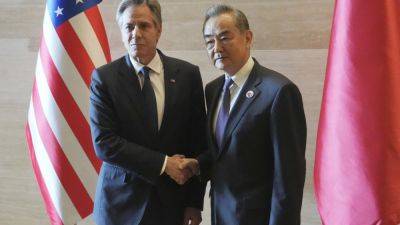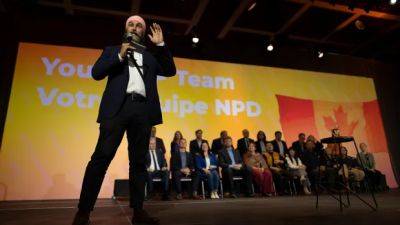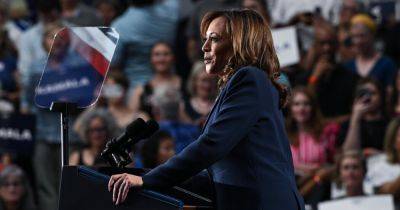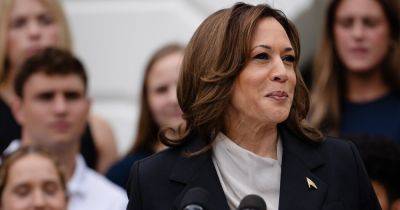'Completely absurd' equalization payments back in the spotlight as premiers' meeting wraps
Canada's premiers tread over the ever-thorny territory of equalization payment fairness on their final day of meetings in Halifax on Wednesday.
For decades, the federal program has transferred money from some provinces to others to allow for a fair level of services across the country. Payment amounts are decided based on «fiscal capacity» or a province's ability to generate tax revenue.
Provinces that do not receive equalization payments are often referred to as a «have province,» while those who do get transfers are called a «have-not province.»
But the provinces that don't receive payments or feel like they don't receive enough — Alberta, Saskatchewan, British Columbia and Newfoundland and Labrador — are increasingly vocal about their discontent.
B.C. Premier David Eby has teased that he'll have more to say Wednesday morning about whether his province will support Newfoundland and Labrador's court case against the federal government over equalization payments. The Atlantic province is taking Ottawa to court, arguing the province is being cut out of potentially billions of dollars in the long term.
«B.C. taxpayers are sending tax dollars to Ontario through equalization. That is completely absurd. Ontario is not struggling to provide schools or hospitals,» Eby said at the onset of the meetings.
Saskatchewan Premier Scott Moe, who also supports the court case, said he's hoping to have a «grown up» conversation about changing the program, which was started more than half a century ago in an attempt to reduce wealth disparities across the country.
«It is a formula that is, I think, very flawed,» he said of the current framework.
Moe said he'd like to see a new program where 50 per cent of the equalization dollars are







